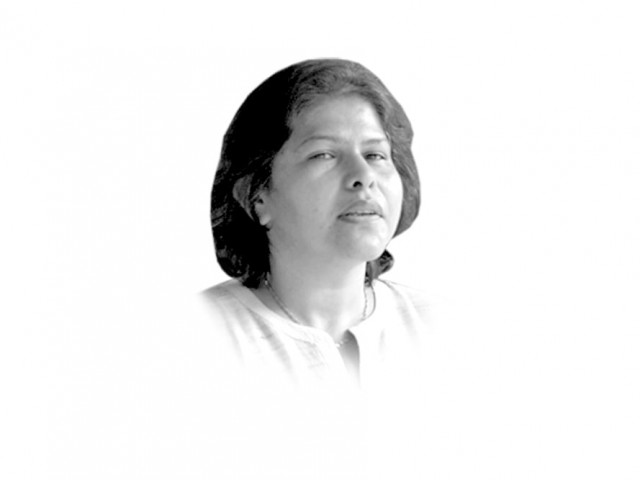The future of social sciences
Ignoring traditional subjects is dangerous as it incapacitates a society from analysing its own behaviour.

Emotional and unacademic speeches may work for political motivation but not for an academic discourse. The study of history, in particular, is a complex science which is certainly not about presenting or listing events. The study of history is based on how different methodologies can be applied to interpret an event by analysing the times when the event happened while also benefiting from hindsight. It was bizarre to see that the lecturer, who has obtained a doctorate in the past four or five years, disregarded all existing academic works on Mohammad Ali Jinnah.
Perhaps people should not have been shocked, because this is the way we tend to treat humanities and social sciences in this country. Historically, our fields of humanities were negatively influenced due to the predominance of national security and the subservience of education to the security discourse. Since we had to clearly establish our independence from India, our education, especially higher education, was made subservient to the policy community and the state bureaucracies. It is not the task of a social scientist to find answers for policymakers. The main purpose is to conduct theoretical analysis/research on key issues and find answers to major mysteries or anomalies. This research can then be used by anyone, be it the government or the private sector.
Additionally, there are three factors which have impaired the growth of traditional social science. First, policymakers and the state were never interested in any examination other than what provides tactical solutions for economic policies. Hence, all other fields were ignored except for economics. This was most obvious in the HEC’s recently held “First International Conference on Promotion of Social Science Research in Pakistani Universities”. Not only was there no emphasis on fields other than economics, the great HEC and those who organised the event did not bother to invite some of the big names in traditional fields like historians Dr Mubarak Ali and Dr Tahir Kamran and political scientist Hasan Askari-Rizvi. The HEC, it seems, does not have the academic credibility and standing where such senior people would readily respond to its advertised call for papers to be read at such a conference. Also, there was resistance to give any formal participation to the Council of Social Sciences, which was established by the (late) Dr Inayatullah and has produced some of the best research on the state of social science in Pakistan. The reason for this neglect was perhaps that mediocre people from modern fields like management and economics organised the conference. They were not familiar with some of the great names that Pakistan has produced like historian Aziz Ahmed or sociologists Hamza Alavi and Feroz Ahmed.
Also, in modern times, more fashionable and hip subjects like film studies, cultural studies and others have bypassed traditional fields. Ignoring traditional subjects is dangerous as it incapacitates a society from analysing its own behaviour, which could then be used for preparing for the future. Moreover, social sciences got really sidelined in the past 10 years when Attaur Rahman shifted the focus to natural and applied sciences. Those fields are important but cannot be nurtured at the cost of social sciences.
A society that loses the capacity of introspection (and laughing on itself) eventually weakens from within. In such situations, material gains and popularity of neo-liberal policies may bring some economic development but will only produce a weak society.
Published in The Express Tribune, April 24th, 2011.















COMMENTS
Comments are moderated and generally will be posted if they are on-topic and not abusive.
For more information, please see our Comments FAQ